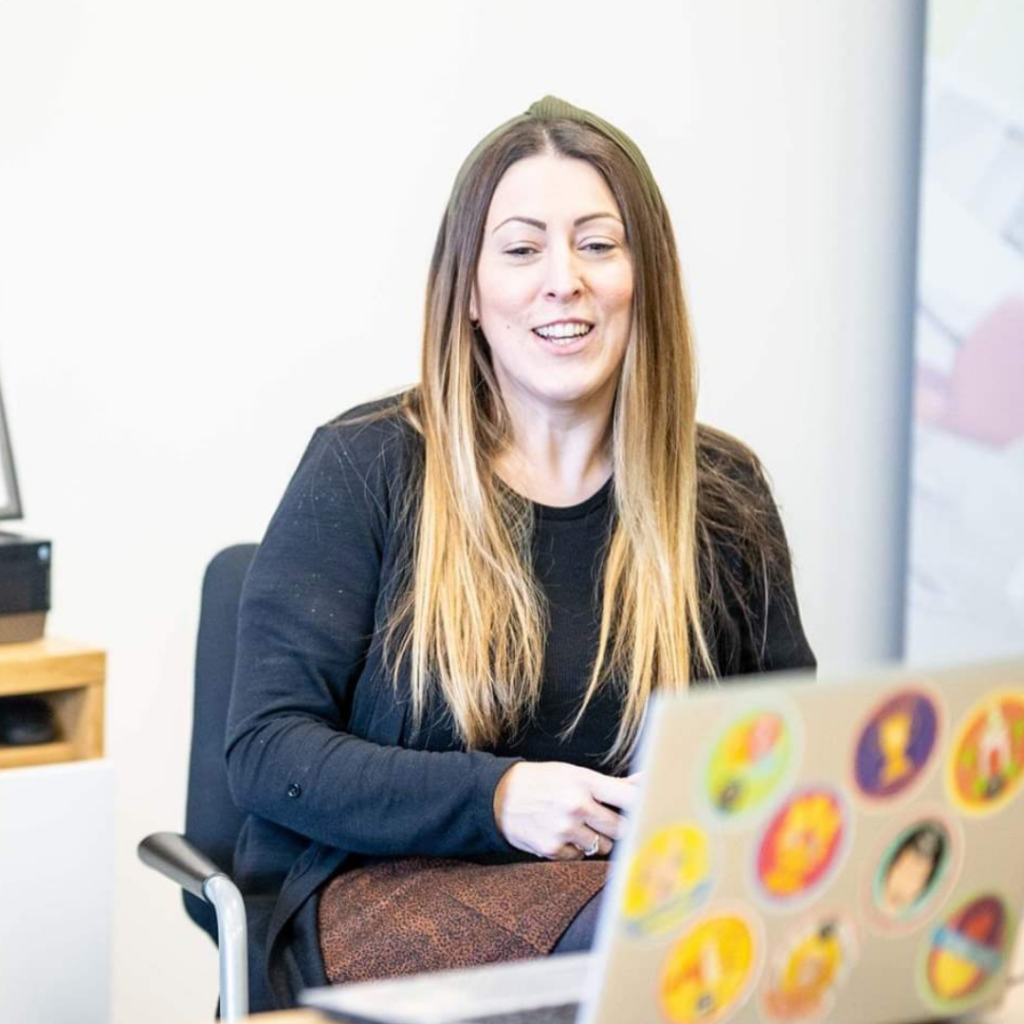Alexis is an AAT qualified bookkeeper and has a huge amount of experience in startups and small business. She has three companies of her own spanning product, service and technology so not only does she add value to her clients but is extremely passionate about supporting other business owners to grow theirs.
So, you’re a qualified bookkeeper and lover of all things finance and business related – but can you explain to someone just starting out what the difference is between a bookkeeper and an accountant, and which one they need? Absolutely!
Ok so everyone thinks of an Accountant as being the person who deals with all the legal side of finance, essentially keeping HMRC and Companies House at bay and that’s true, to a point. Many people don’t realise that the accuracy of the information submitted about your company is always the responsibility of the business owner, not the Accountant. So just appointing an Accountant doesn’t mean everything is passed over to them to deal with. This is where a Bookkeeper can be incredibly useful. A Bookkeeper is the person that processes everything financial that happens in a business. All invoices, bills, bank transactions and payroll can be dealt with by a Bookkeeper. By engaging with a Bookkeeper you would see accurate accounts and reporting every month (or week, day if you wanted to!) which helps make business decisions and correct errors like paying twice for a bill by mistake! Then by engaging with an Accountant, they can cross the T’s and dot the I’s at year end and provide tax saving and expert advice to really help grow your business. Sometimes an Accountancy firm will do both the Bookkeeper role and the Accountant role but it’s worth checking what service you get if they do both.
Getting your finances in order can be really scary for a new freelancer – what’s the one piece of advice you would give to someone starting out.
Don’t put it off! That’s what makes it scary. Nobody from HMRC is going to knock on your door with a black book to throw at you. It really is just making sure you understand your responsibilities and complying. The Government wants you to do well, its freelancers and small businesses that boost the economy so it’s not in their interest to close you down but they don’t want you taking the mick either. Educate yourself on what you need to do early on and make a diary note of key dates. When you first start out, you have a long time before your first set of accounts or self assessment needs to be submitted but if you leave it all until the last minute, it can be a mammoth task.
Running a business takes up loads of time and people want to focus on the bit they can do best, and a lot of the time this isn’t the finances. What would you say to people to help them when they’ve left everything a bit late or got themselves behind/in a muddle.
Don’t panic, it just means you might need to pull a few late nights to get it done but as a start up, you know all about pulling a late night anyway! First of all, get everything out, every paper receipt you have scrumpled in a drawer, empty out the handbag and clear the car dashboard (plumbers and electricians, I’m looking at you). If you keep everything on email then that’s great, if you’ve filed them. If not, create a folder in your inbox and move everything into there. Once you have everything in one place, it’ll be easier to deal with. Depending on what your business structure is, pull up the submission (companies accounts/self assessment) and go through it one step at a time. If all else fails and panic takes over, find a good Bookkeeper to pull it all together for you!!
The questions we’re asking everyone – what finance related advice would you give to yourself if you could rewind to when you started your first business?
I would’ve used accounting software from the beginning. I, like many others, used spreadsheets in my very first year and whilst they’re free (everyone loves a freebie when they’re starting!), I do not have the reporting facility to use the data to make comparisons on more recent years. It would’ve been great to see how much the business had grown since the early days too. Keeping your bookkeeping and accounts up to date isn’t always about admin time and subscription fees, it is really about using the data to help grow your business, which all business owners who love their industry, essentially wants to do.
And finally, any more finance and bookkeeping advice you want to share with our lovely community?
Always reach out to someone if you’re finding it daunting. Many of my clients come to me when they’ve missed multiple deadlines and the situation has caused them so much stress and anxiety. I wish they’d come to me sooner so that the energy they’ve used worrying could’ve been put to much more valuable use, like reaching more customers or adding to their value proposition.


